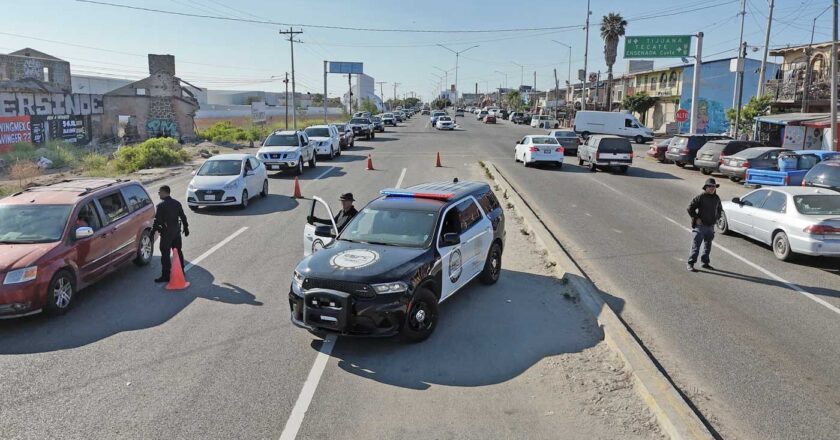If you’ve ever felt that sinking feeling pulling across the border into Tijuana, wondering whether today’s getaway might turn into …


If you’ve ever felt that sinking feeling pulling across the border into Tijuana, wondering whether today’s getaway might turn into …

Rumors in Baja move fast, but sometimes fugitives move faster — at least until the cops slam the brakes on …

Washington woke up with a list and Rosarito’s former mayor was on it. The U.S. Treasury’s Office of Foreign Assets …

We pride ourselves on bringing you No Bad News. That’s the deal. But some truths demand an exception. Today, we …

Security isn’t just talk in Baja California anymore—it’s action. And not the Hollywood kind. A criminal gang that was shaking …

Well, that didn’t last long After playing hide and seek with law enforcement in both Mexico and the U.S., César …

Rosarito’s Mayor says “Better fewer good cops than more bad ones” In a move that sounds shocking—but also kind of …

Suspect escapes despite choppers, drones, and elite forces Just when Baja officials were patting themselves on the back over dropping …

In one of the largest fuel busts in recent history, authorities confiscated nearly 2.1 million gallons of stolen gasoline in …

Four officers from the State Police have been temporarily removed from duty in Rosarito following two formal complaints since the …